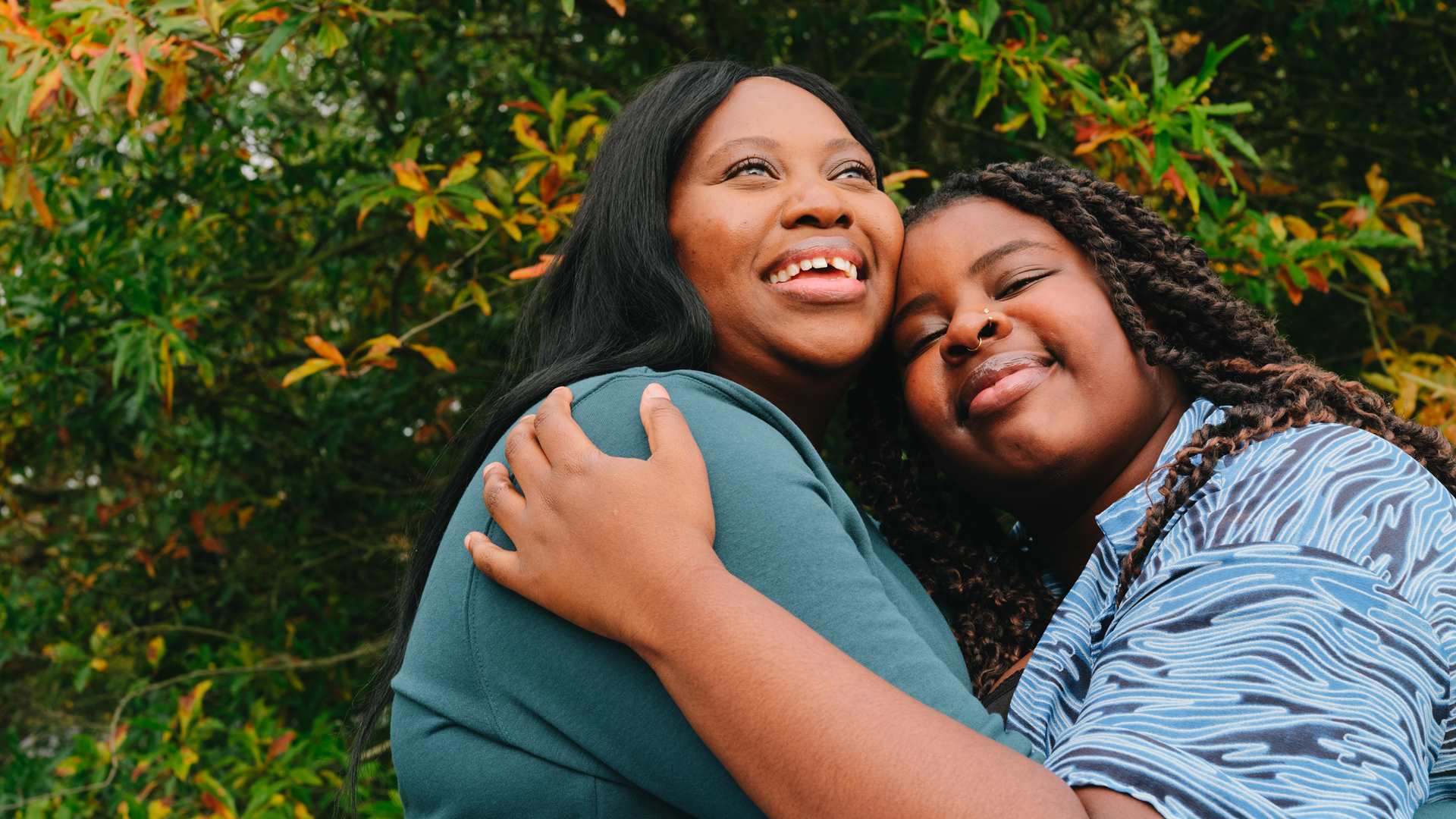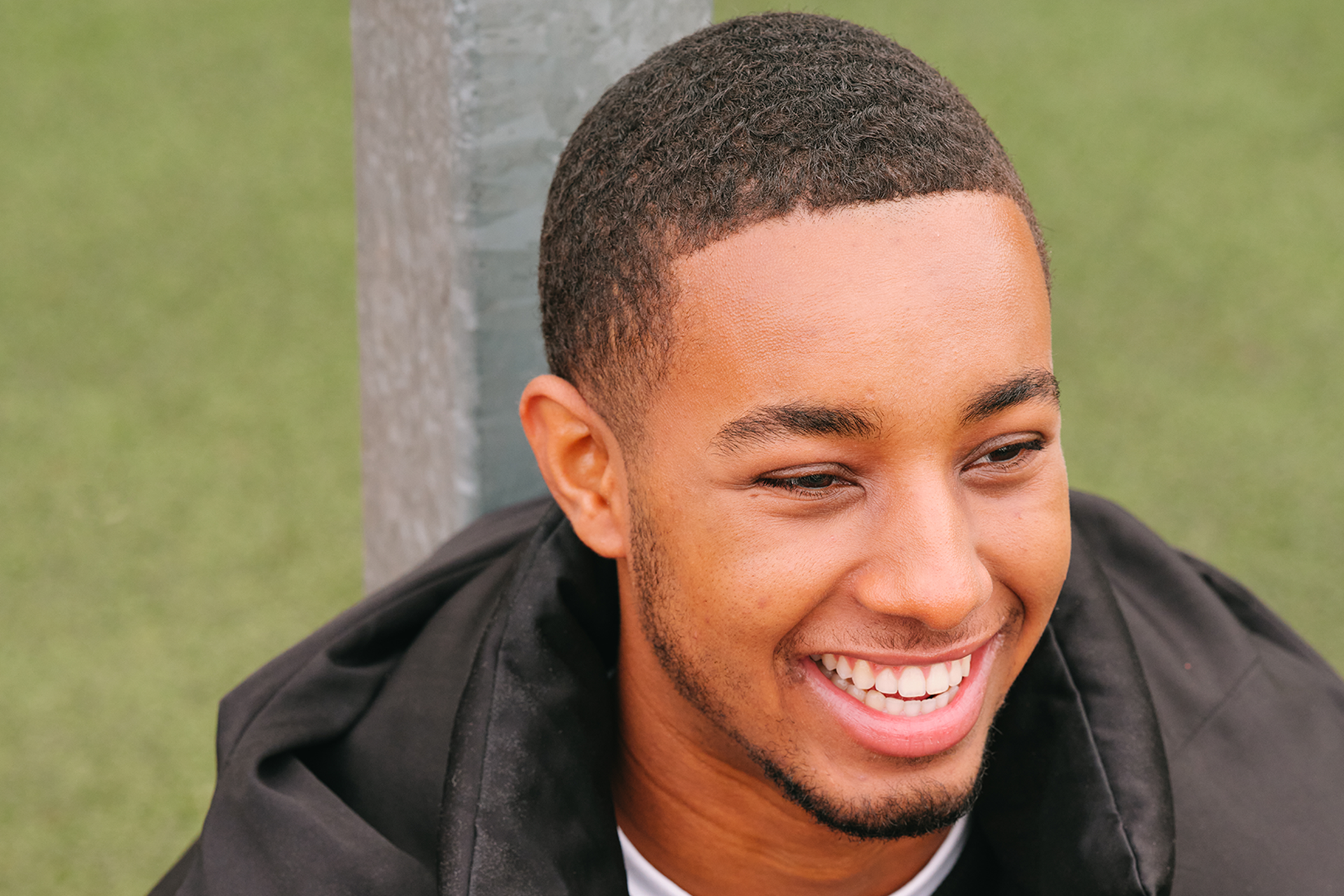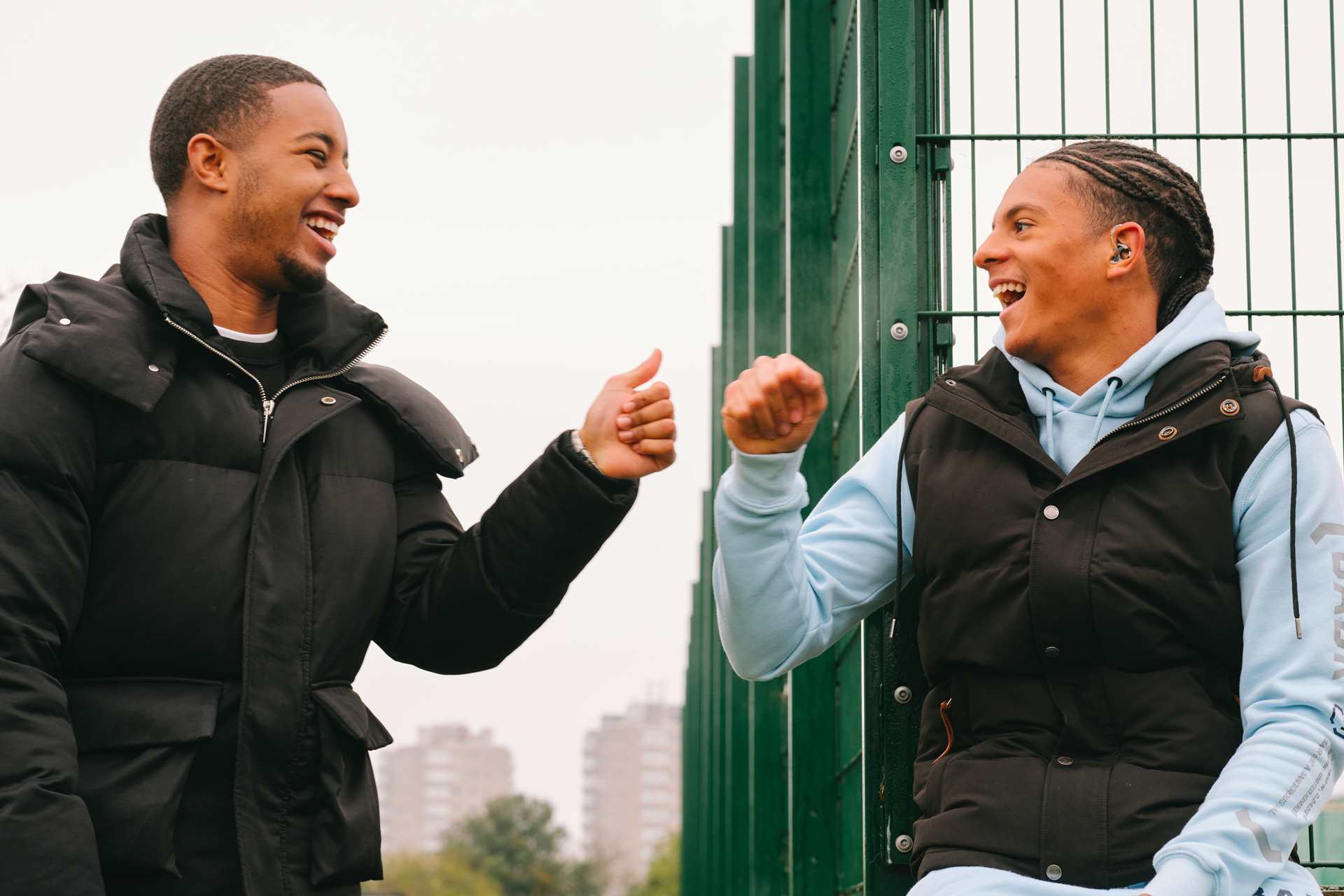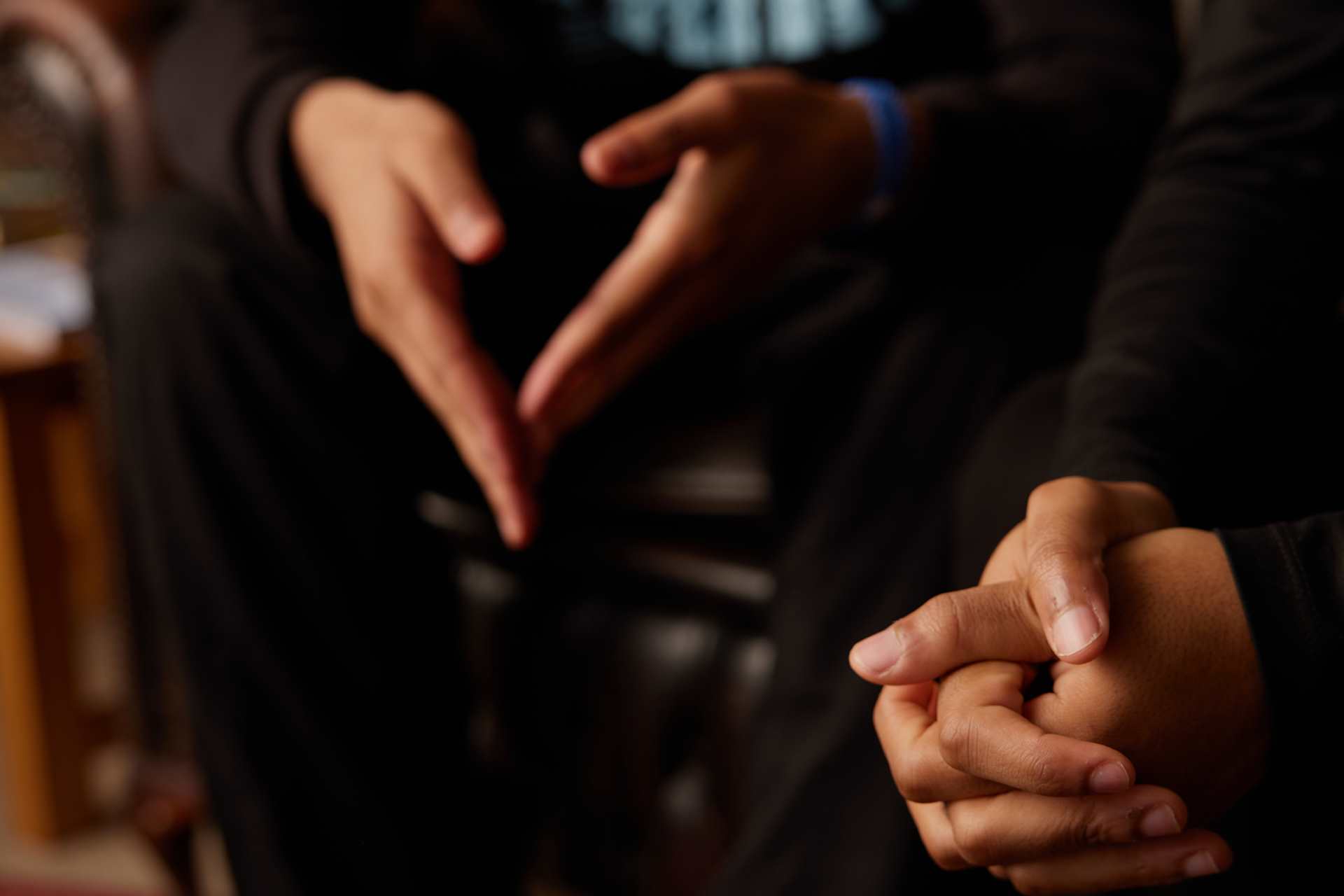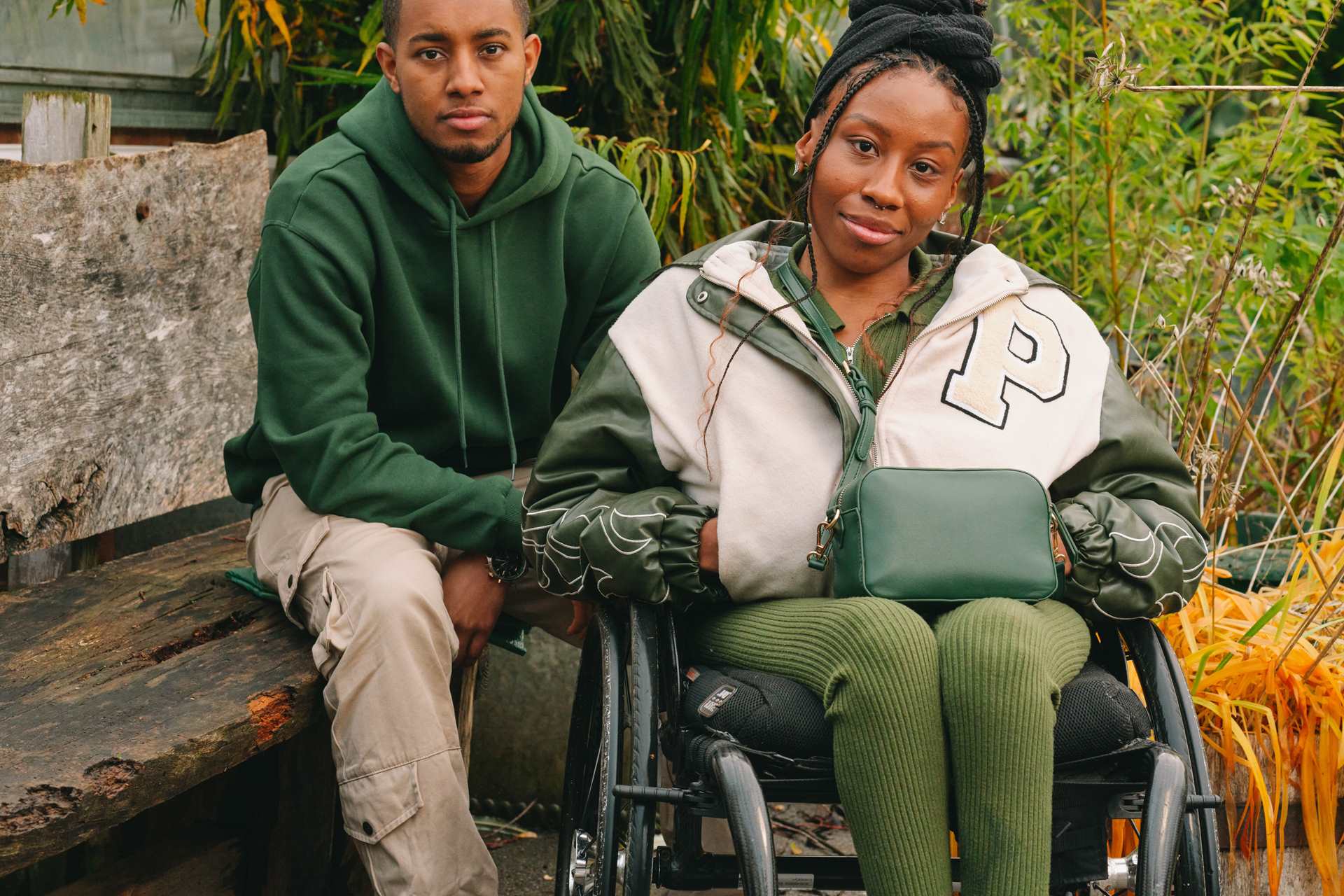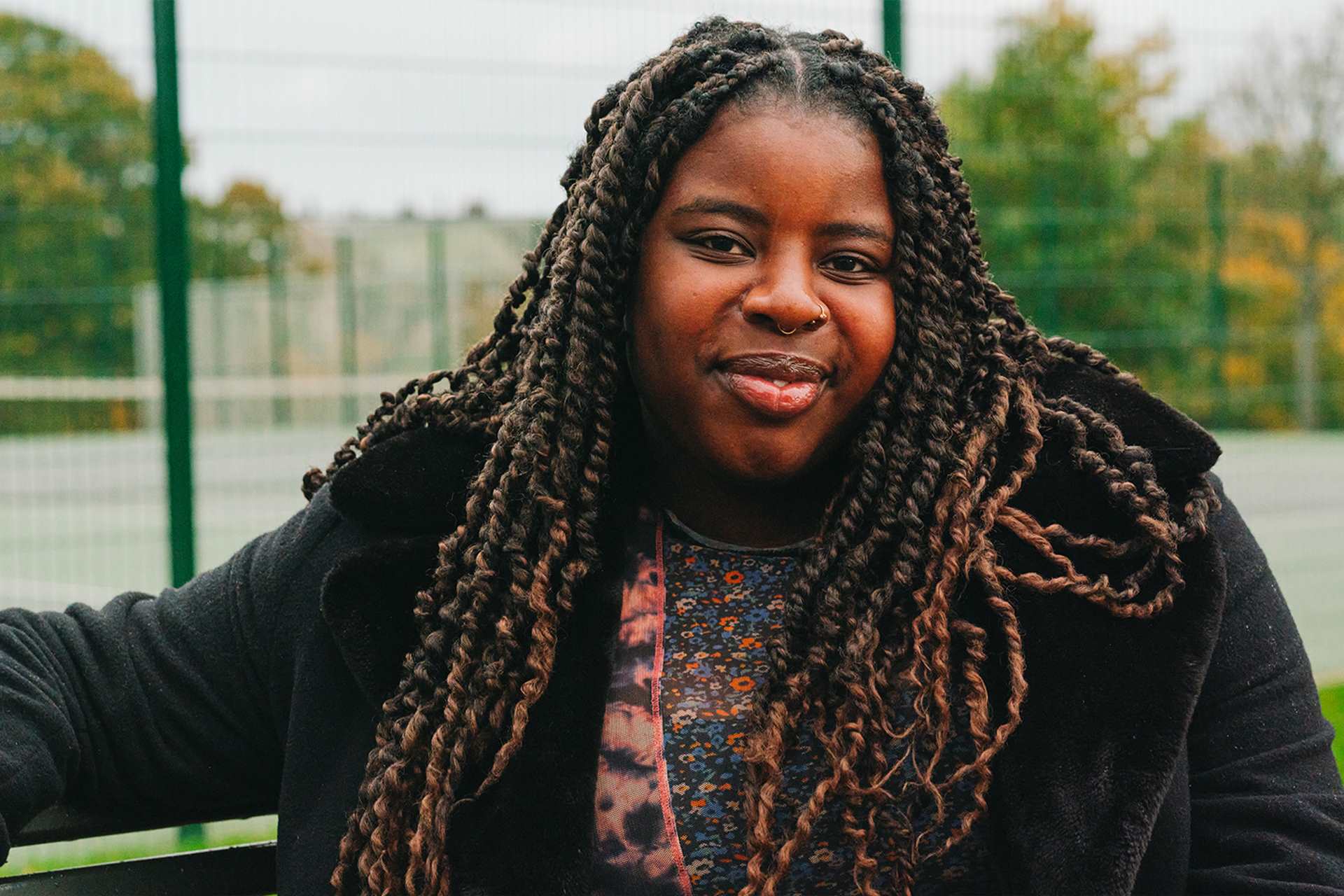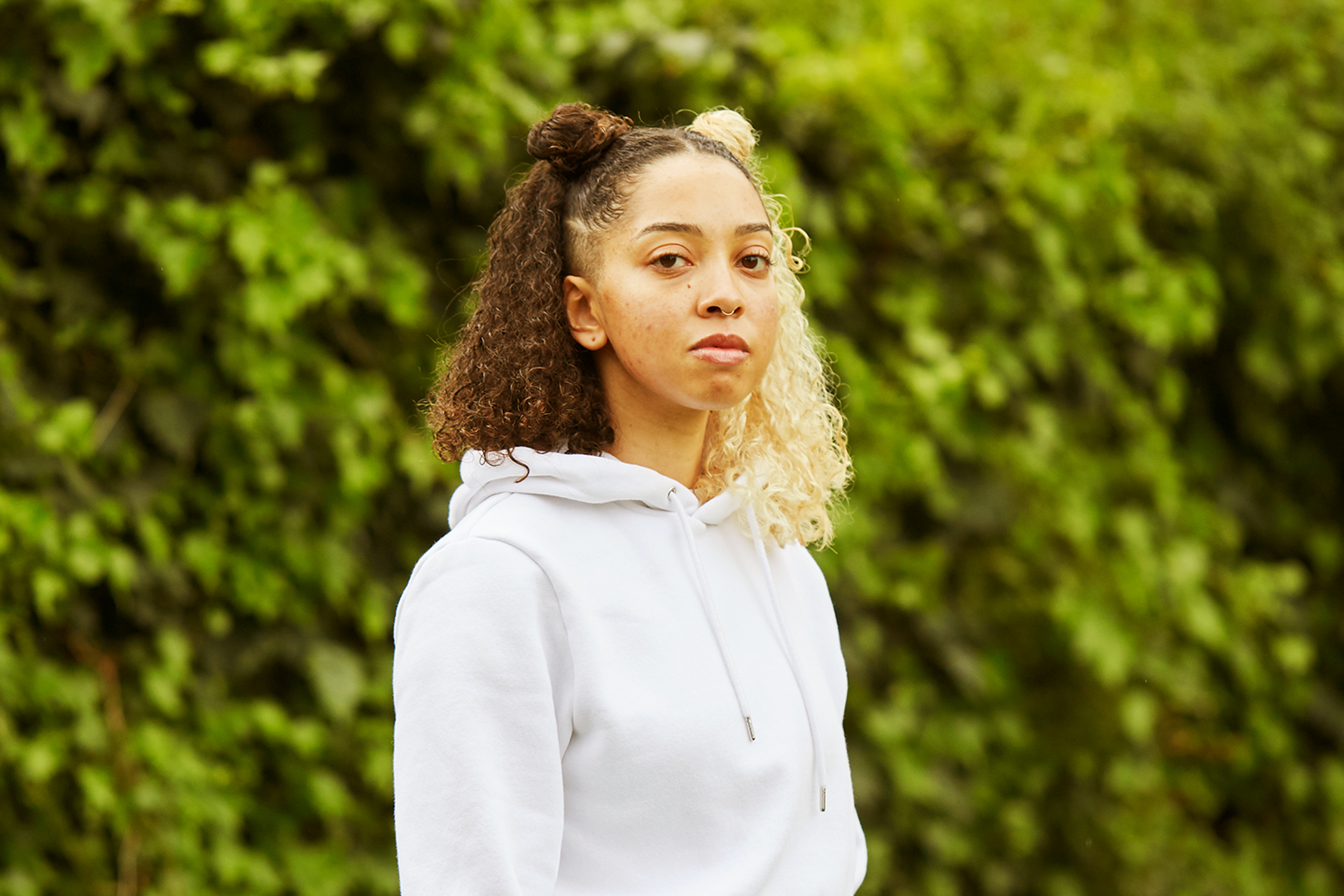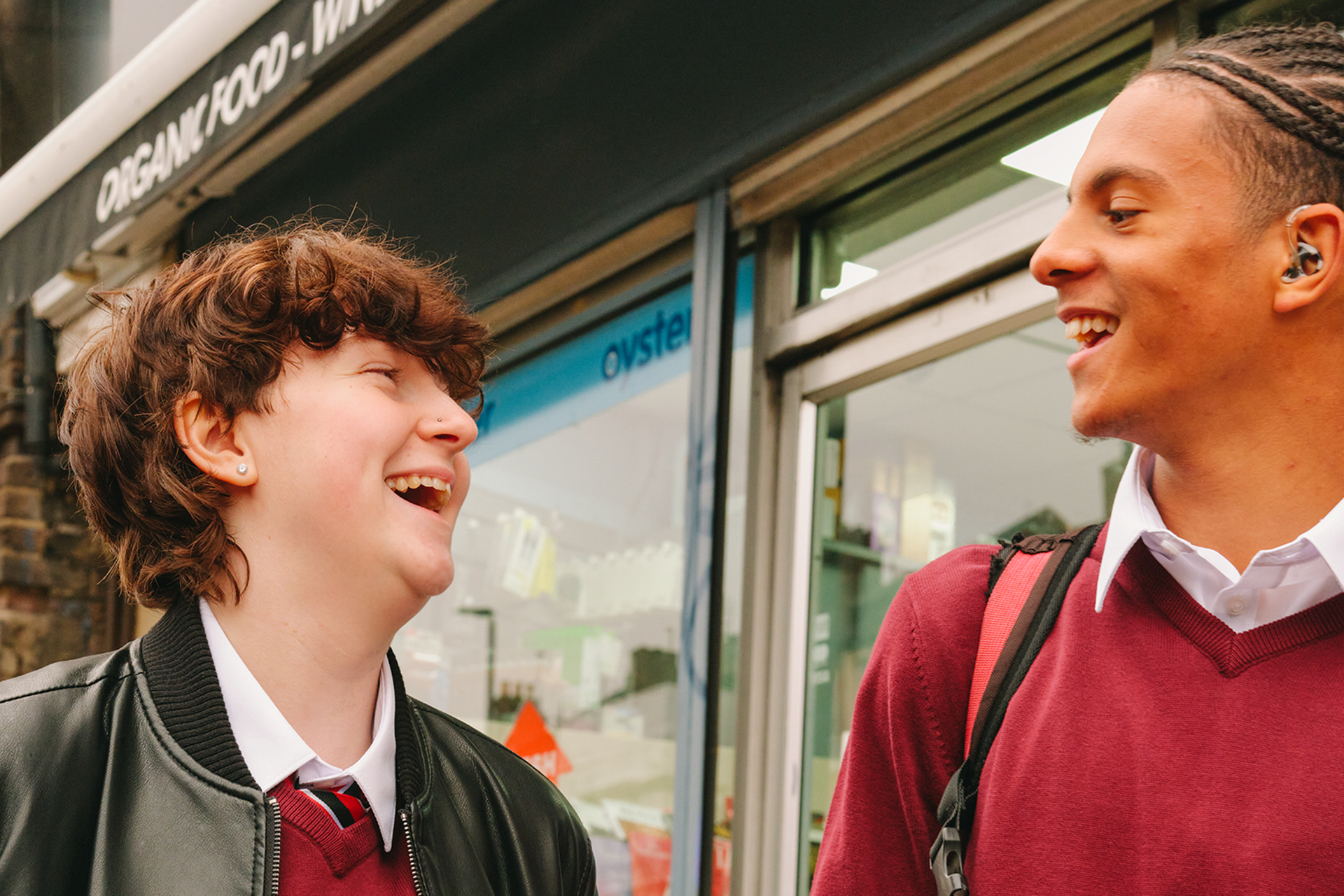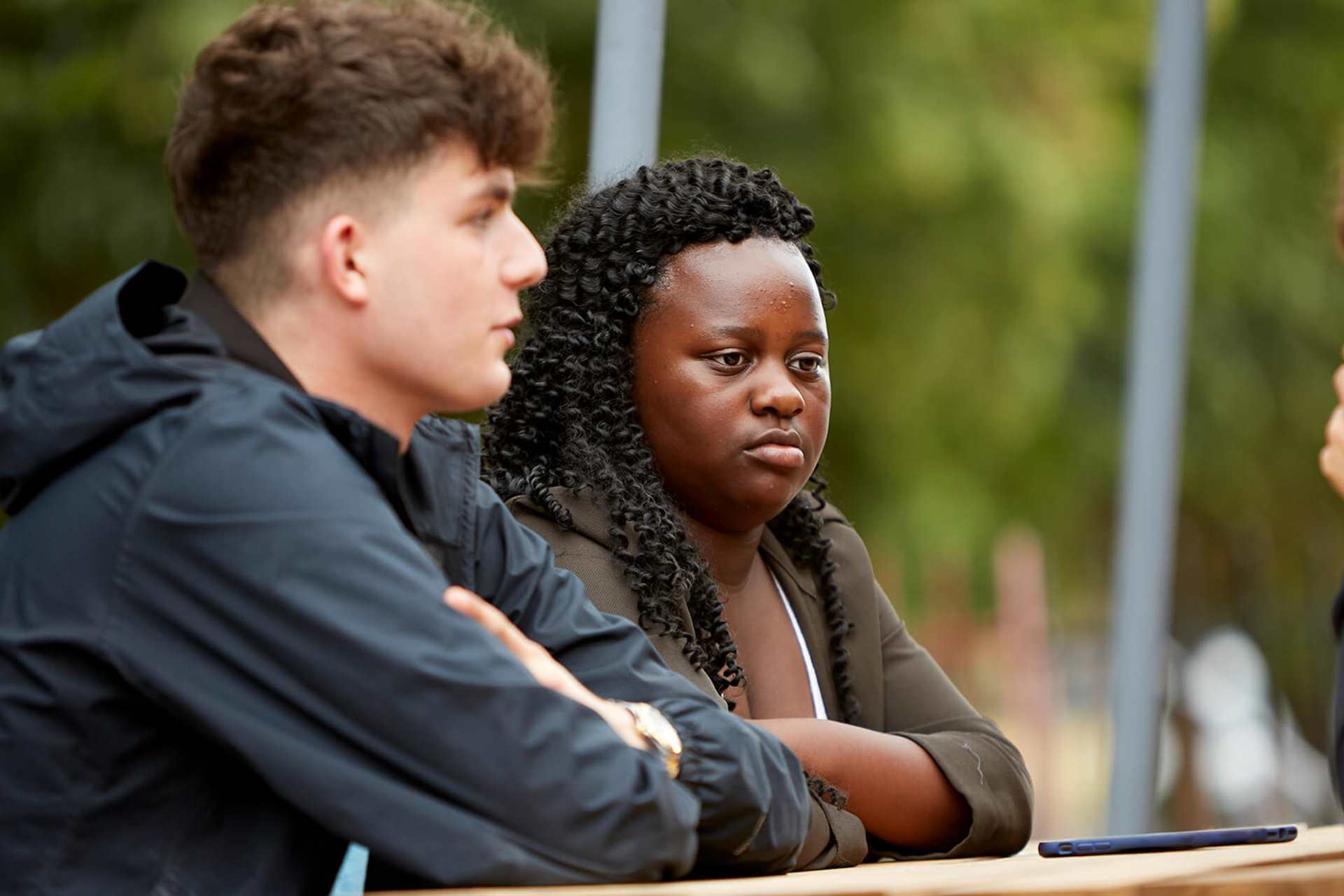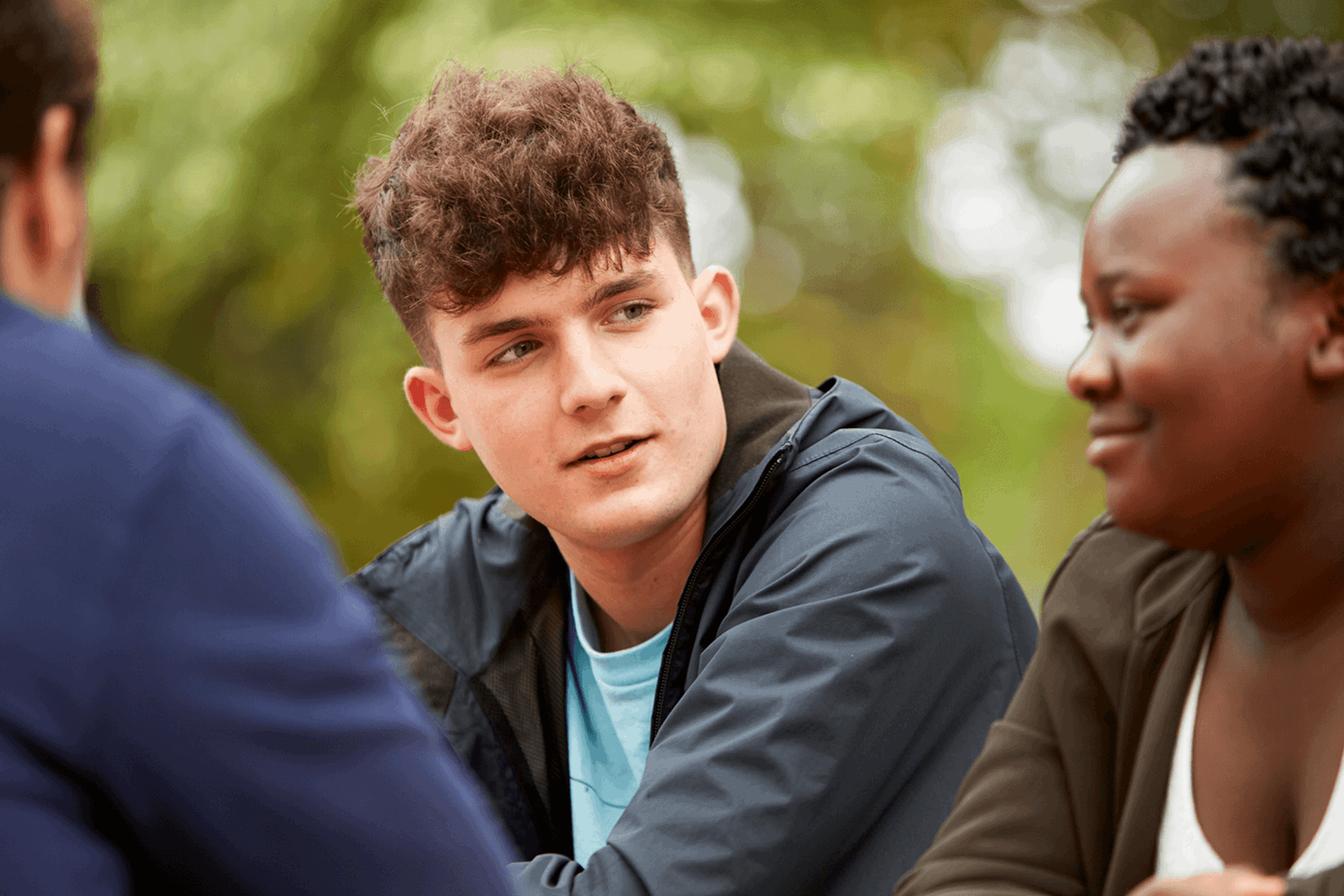Topics mentioned: disability and mental health, anxiety, depression, down and unable to cope
About: Waiting for a disability diagnosis had a big impact on Sophia's mental health as a performer. Read how they found hope, strength and a way to dance again.
I essentially came out of the womb dancing. I danced multiple times a week and made my West End debut in Billy Elliot. But in April 2013 everything changed for me. I stopped being able to walk and no one could tell me what was wrong - I was thrown.
I spent the years between 2013 and 2019 on crutches half the time and walking the other half. I went through countless surgeries, injections, physiotherapy appointments, and appointments with many, many doctors. All the while no one could pinpoint what was wrong with me, and every time we thought we might have cracked it, something came up and ruined the theory.
I spent a lot of time wanting someone to find a specific name for my hip problems. It felt lonely not being able to talk to people about it because there was no one else with “undiagnosed left hip pain using crutches who’d had their dream of dancing squashed”.
It felt lonely not being able to talk to people about it because there was no one else with 'undiagnosed left hip pain using crutches who’d had their dream of dancing squashed'.
The impact of uncertainty on my mental health
When we couldn’t find a problem with my hip and I was still in pain and on crutches, I did the only thing I could think of doing: I quit dance. I decided that since they didn’t know what was wrong, they were unlikely to fix it and therefore I couldn’t dance. This was really hard to take and it caused a real dip in my mental health. I struggled with anxiety and depression and had no idea what direction my life was going in.
I forced myself off to uni in 2019 to do a course in lighting, sound and design for theatre. I thought this would be the closest I’d get to being on stage and that would “have to do”. I managed just about three weeks … I couldn’t stand being so close to the stage but not being on it performing. I made the big decision to drop out and go home - I knew my mental health was in a bad place and I needed to work on that, but I also knew I couldn’t give up performing without giving it another go.
I found a way to dance – just differently
So, it’s 2020… the world has shut down and I’m at home contemplating my entire future (as was everyone - we couldn’t do much else!). The pandemic was a horrible time, but for me, it gave me a chance to slow down and really think about how I was going to continue with my life. I started taking part in online classes and trying them out on crutches and slowly came to realise that I could still dance - just differently than I’d imagined.
I auditioned for musical theatre courses on the off chance they wanted to take someone who dances on crutches and … they did!
I found starting university difficult, as there was the obvious question, “what’s your disability?” and the process of getting disability support when you write “undiagnosed hip condition” as your disability is not easy. But I learnt over time to feel okay with not having an answer and now enjoy making jokes like:
Person: What's your disability?
Me: Your guess is as good as mine.
or
Me: I wish I could tell you but I can’t.
or
Me: Oh, I just bring the crutches for fun!
etc etc.
I auditioned for musical theatre courses on the off chance they wanted to take someone who dances on crutches and … they did!
My advice for anyone waiting for a diagnosis
Fast forward another four years and I’m here. Still undiagnosed. Still on crutches. Less lonely. More funny. I am about to graduate with a degree in Musical Theatre having completed the course on crutches - something 13-year-old me on crutches would NEVER have guessed.
I have learnt a lot along the way. My main advice for people awaiting a diagnosis or battling an undiagnosed condition is:
It might not feel like it, but there are a lot of people in a similar position to you, it’s just harder to find them!
The fact that you know how your condition affects you is all you need. Don’t feel like you need to pursue a diagnosis if you’re getting the help you need and you just feel like you need a “name” so people believe you.
There’s a large online community of people with chronic illnesses and chronic pain (I’ve found TikTok particularly useful). Even though you have different symptoms, there will always be a common thread and these people understand what it’s like to have your life interrupted by some sort of condition or disability.
I’m under no illusion that having a diagnosis is very useful for filling out forms, getting benefits and all sorts of admin things, but you have to find the silver lining. So, I thought I’d finish off by sharing my favourite thing about having no diagnosis:
With no diagnosis there are NO LIMITS. There’s absolutely no one saying “well, people with X can’t do sports”, because you’re one of a kind! I can dance and do kicks, split leaps, jumps and turns and no one can say it’s a bad idea, because they don’t actually know what’s wrong with me!
It’s the little things!
I am about to graduate with a degree in Musical Theatre having completed the course on crutches - something 13-year-old me on crutches would NEVER have guessed.
More information and advice
We have tips and advice to help you find the support you need. Take a look at our guides.
Where to get help
However you're feeling, there are people who can help you if you are struggling. Here are some services that can support you.
-
Black Minds Matter
Connects Black individuals and families with free professional mental health services across the UK.
-
Scope
Provides practical information and emotional support for Disabled people.
- Opening times:
- 9am - 6pm, Monday - Friday; 10am - 6pm, weekends
